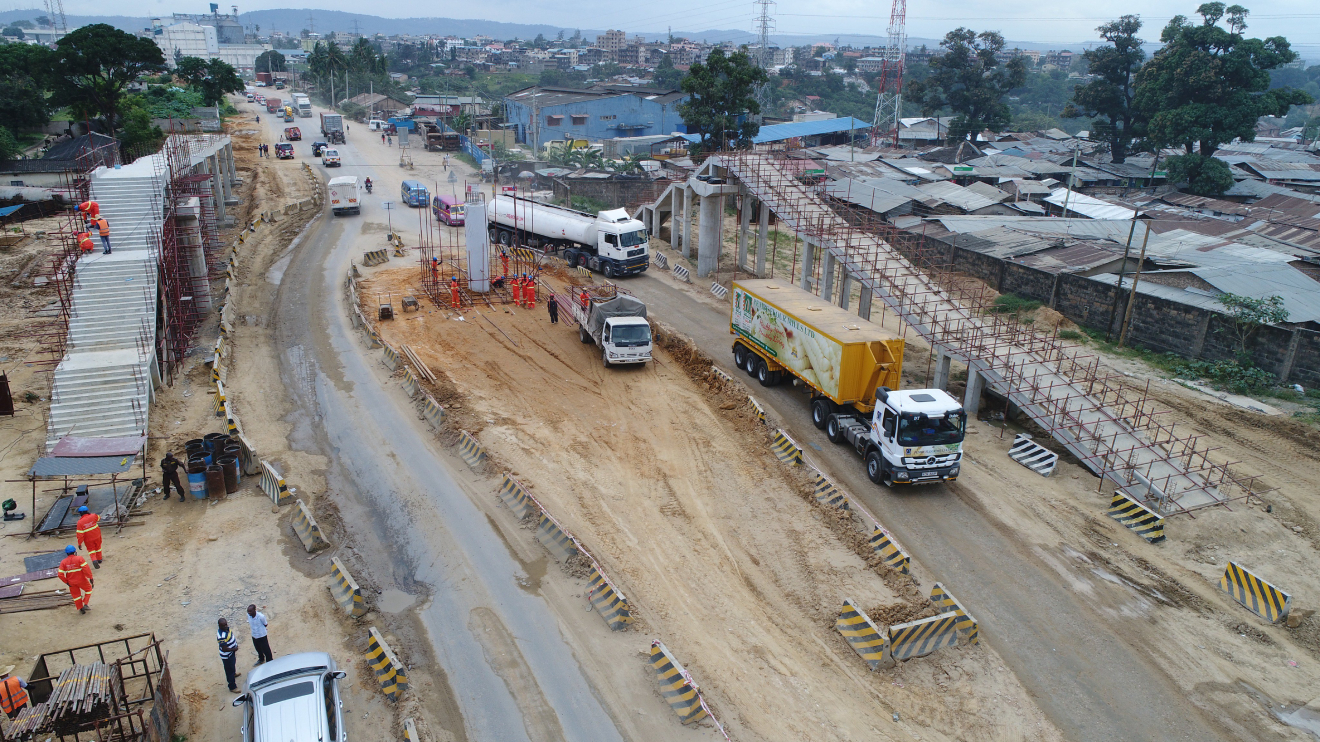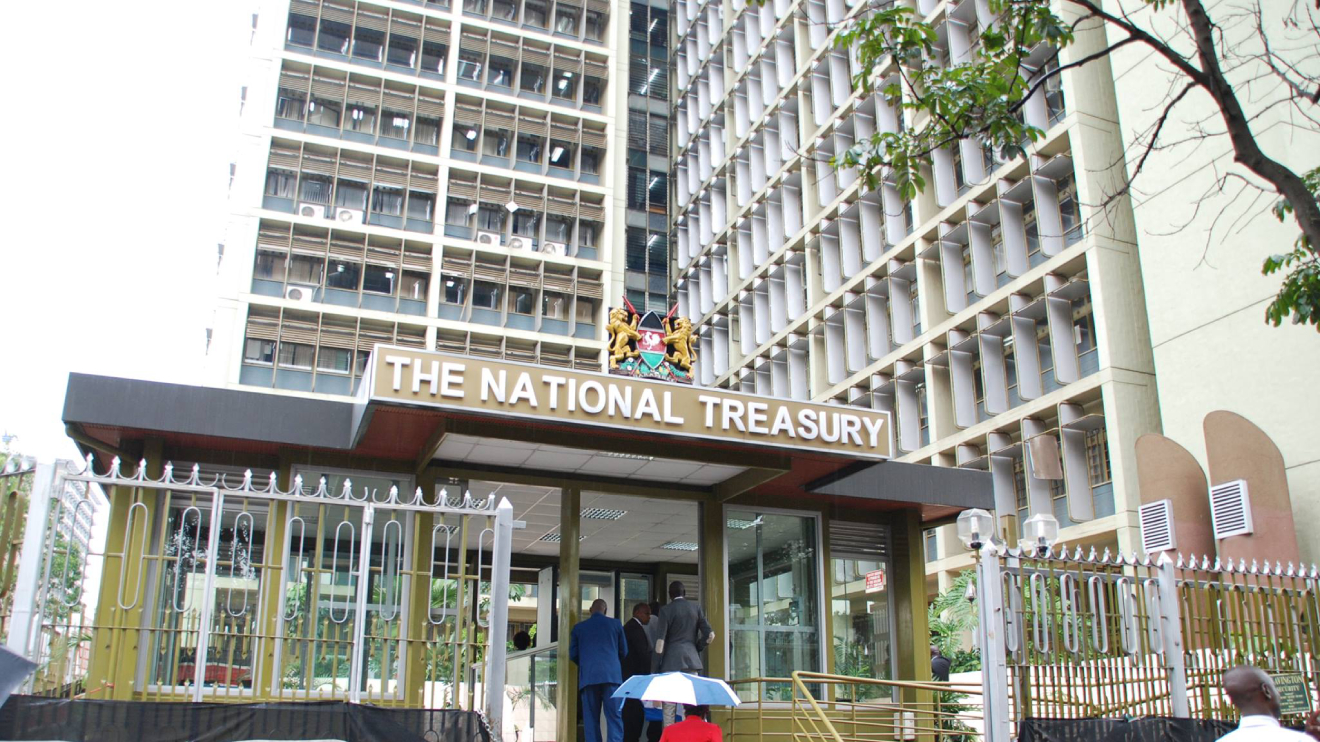In a bid to address revenue losses stemming from illegal power connections in housing unit blocks, Kenya Power has introduced stringent measures, including the provision of only one meter per plot owned by a single individual encompassing multiple premises.
In a memo to regional managers, Kennedy Ogalo, acting general manager of infrastructure development at Kenya Power, highlighted the revised guidelines.
"Management has recently revised guidelines on metering new connection applications. Going forward, there will be a provision of one meter only per plot where a plot belongs to one owner with multiple premises," Ogalo emphasised.
“This will imply that new applications from premises with multiple units like apartments, flats, and others, shall comprise only one meter. Therefore, meter separation applications will not be processed. Subsequent metering of the supplies will be sub-metering at the prerogative of the premises owners."
Read More
Under this new directive, the premises owner assumes responsibility for the electricity bill based on the consumption recorded via the single meter installed by Kenya Power.
However, this policy does not apply to housing estates, apartments, commercial buildings with independent owners, and exempted categories such as large power tariff customers and government-related connections.
"Meter separation from exempted categories will be allowed," Ogalo specified, highlighting the exceptions in the new metering guidelines.
To ensure compliance, Kenya Power has established strict process controls from the application for power grid connection to the actual metering process.
At each stage, including the design and construction phases, the utility will consider the energy demand from multiple premises and consolidate this into a single account.
According to Ogola, the process entails adhering to prerequisites such as obtaining wayleave approval, submitting wiring certificates, and formalizing customer account contracts, ensuring execution aligns with the initial design.
"At the design stage, the proposed network shall take into consideration the energy demand anticipated from multiple premises and culminate the same in a single account. At the construction stage, the prerequisites of this stage shall remain wayleave approval, submission of wiring certificates, and contracting the customer account. Execution of the scheme shall be as designed," he explained.
This new policy seeks to streamline the metering process and combat revenue leakages caused by illegal connections, particularly in units owned by a single individual across multiple premises.
Implementing these measures underscores Kenya Power's commitment to ensuring fair and accurate billing while discouraging illegal electricity usage in the country.












